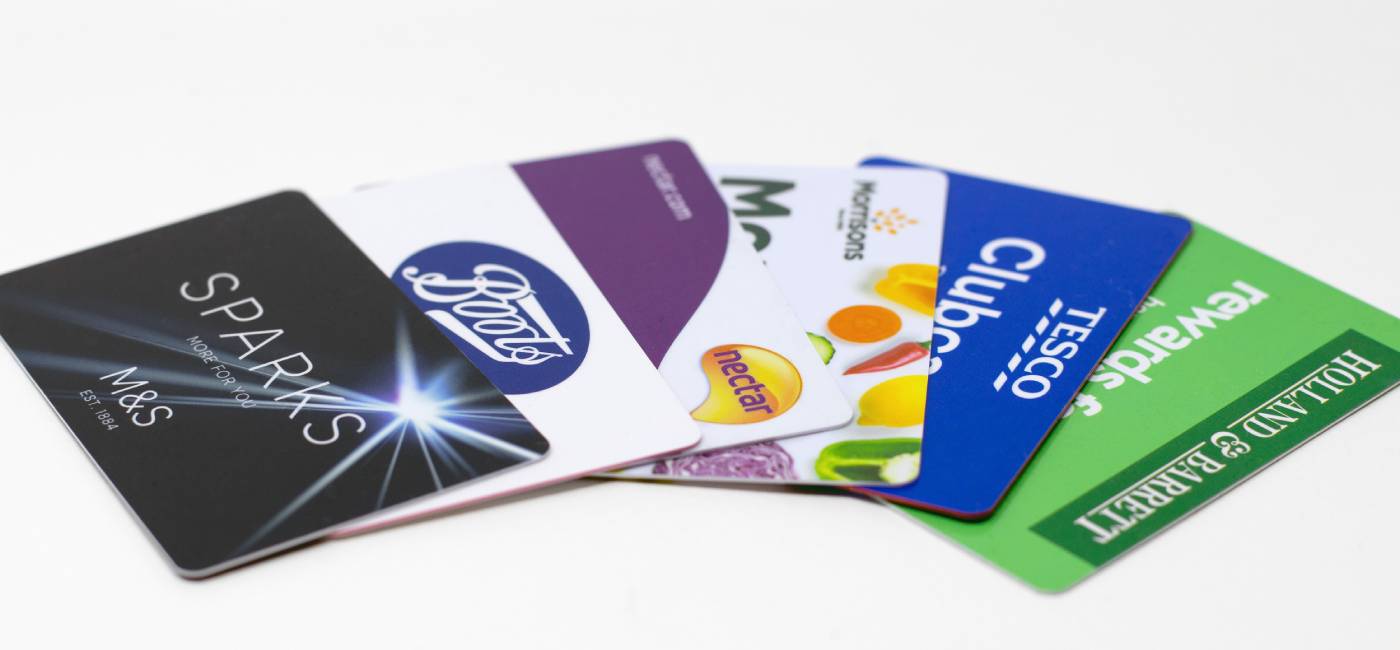

This article is for general guidance only and is not financial or professional advice. Any links are for your own information, and do not constitute any form of recommendation by Saga. You should not solely rely on this information to make any decisions, and consider seeking independent professional advice. All figures and information in this article are correct at the time of publishing, but laws, entitlements, tax treatments and allowances may change in the future.
April brings the end of a tax year and the start of a new one. This month we're also seeing a whole raft of price rises which have led some people to name it ‘awful April’. All of this means it is arguably the most important month of the year in terms of financial management.
So now’s the time to get some key financial jobs completed. Be warned - you’ll need to move fast to get the most benefit.
What’s on this page?
Millions of us are facing sharp price rises this month, on everything from energy bills to stamps to council tax.
The energy price cap is going up 6.4% if you're on a variable tariff. That means the average household energy bill will rise from £1,738 to £1,849 a year. Unless you are on a tariff that isn't linked to the price cap, or have a smart meter, read your meter as soon as possible, so you’re not paying for more energy than you need to at the higher price. You should also shop around to see whether you can save money by switching to a different tariff.
The cost of stamps will increase on 7 April. The price of a first-class stamp will go up by 5p, or 3%, to £1.70, while a second-class stamp will go up by 2p, or 2.4%, to 87p. If you use a lot of stamps, it might be worth buying extra this week before the price rise kicks in.
Council tax also goes up this month, in most cases by 4.99%. The average council tax bill on a band D home will rise by £109 a year to £2,280.
It's worth checking if you can get a discount or help with your council tax bills. Council tax is usually billed over 10 months rather than 12, with February and March payment-free. But you can ask the council to spread the bills over 12 months, if you would find that easier. “Most councils still allow you to pay in 12-month instalments instead of 10, to spread the cost. Just ask your council if they offer this,” says Nicholas Hill, senior advice manager at the Money and Pensions Service.
Your tax code will tell your pension provider or employer how much tax they need to deduct before paying you. Your tax code is made up of numbers and letters. The most popular code is 1257L – used for most people who have one job or pension.
You’ll have the letter M or N at the end if you’re claiming the marriage allowance. You can see your tax code for the current tax year via your personal tax account on the government website. Or you may have received a ‘Tax Code Notice’ letter from HMRC in February or March.
Check your tax code is correct, and whether you’re missing out on any allowances such as the marriage allowance.

The early bird catches the worm. Financial advisers say that those who make a head start on their ISAs are likely to be better off in the long run. The end of the 2024/25 tax year is 5 April, with the 2025/26 tax year starting on 6 April. If you haven’t used your £20,000 ISA allowance as much as you’d like, get in before 5 April, otherwise you’ll lose any remaining allowance for the 2024/25 tax year.
From 6 April, you’ll get a fresh £20,000 allowance. It’s worth paying into your ISA early in the tax year, says Laith Khalaf, head of investment analysis at investment platform AJ Bell, because your money has longer to grow.
If you’re paying into a cash ISA, you can benefit from the competition between the different ISA providers, which often increases at this time of year. If you’re paying into a stocks and shares ISA, investing sooner gives more time for your money to (hopefully) grow in value.
Khalaf explains: “Markets, of course, go up and down. But they generally rise more than they fall, and given enough time, tend to rise over the long term. Early birds invest their money for that bit longer.
And that will tend to translate into better long-term returns for your ISA, especially if you follow the same approach every year.” He adds that if you’d invested £5,000 in a typical global fund every year since ISAs began in 1999, the value would be £408,589 as of March 2025 if you’d invested on 6 April each year. But it would be £389,208 if you’d invested on 5 April – the end of the tax year – starting in April 2000.
It may also be worth boosting your pension once the new tax year comes around. The main benefit of paying into a pension is the tax relief on contributions. Again, the earlier your money is invested in a pension, the longer it has to grow.
You’ll get a new allowance of up to £60,000 a year (or up to your annual income) including tax relief. However, if you’ve already made a taxable withdrawal from your pension, this annual allowance may be reduced to £10,000 through the Money Purchase Annual Allowance (MPAA).
If your loved ones will likely pay inheritance tax (IHT) when you die, you’ll need to think carefully about money or gifts you make during your lifetime. With the new tax year comes a new set of gifting allowances. This is money you are allowed to give away without any potential IHT implications.
You can give away £3,000 each year without triggering IHT, and any unused allowance can be rolled over for one tax year. This allowance is per individual, meaning married couples can give away up to £6,000 between them each year (or £12,000 if they didn’t make any gifts in the previous year).
You can also give small gifts of up to £250 per person and give £5,000 children or £2,500 to grandchildren tax free in the year they get married. You’re also allowed to give away money out of regular income to cut a future inheritance tax bill. Nick Onslow, a chartered financial planner at Progeny Wealth, says inheritance tax is often referred to as an optional tax because there are so many ways to mitigate it.
“The most obvious option is to spend your wealth and enjoy it. Gifting is often the next option people choose and many of my clients are aware of the annual gifting allowance of £3,000. But one allowance that is often overlooked is gifts from normal surplus expenditure.
The rules are complex and require good record keeping, but if you do have far more income than you are spending, it is worth considering,” he adds.
There is no upper limit on these gifts, as long as you can prove it has come out of normal income. This is another benefit of clearly documenting your income and expenditure. It will help to prove on your death that these payments were out of income not capital, and that they did not reduce your standard of living.
We explain more here about gifting money to grandchildren.
As the new tax year begins, it’s a good time to review and document your spending and your income. This is especially useful if you’ve retired and are living off income from your pension, savings and investments.
Making sure you are living within your means can help you to feel reassured that you won’t run out of money. Lucie Spencer, financial planning director at Evelyn Partners, recommends clients work through their spending at least once a year and break it down into clear categories.
A computer spreadsheet can help you organise this information, though writing it down on paper works too. Once you have this breakdown, you can compare your spending to your income. If you're drawing from private pensions, remember to factor in inflation by increasing the amount you draw each year accordingly.
The state pension and many defined benefit pensions (as well as annuities that are inflation-linked) already include annual inflation-based increases. From April the new state pension rises to £230.25 a week (up from £221.20) Spencer adds: “I recommend individuals keep in cash at least two years of their shortfall between their guaranteed income (defined benefit pension payments, annuities and the state pension) and their spending requirements.”
Having this cash buffer means you won’t need to dip into your investments or erode your capital when markets are at a low point.


Saga has partnered with HUB Financial Solutions, who can help you find the right annuity for you from the whole of market. If you take out an annuity using their service, Saga Money will earn a commission.

Use all your tax allowances, write a will or even book a holiday.

Find out the cost and benefits of voluntary NI contributions.

Discover the tools you can use to spend less on train tickets


The UK’s top loyalty schemes, from Tesco and Asda to M&S Sparks and MyWaitrose.